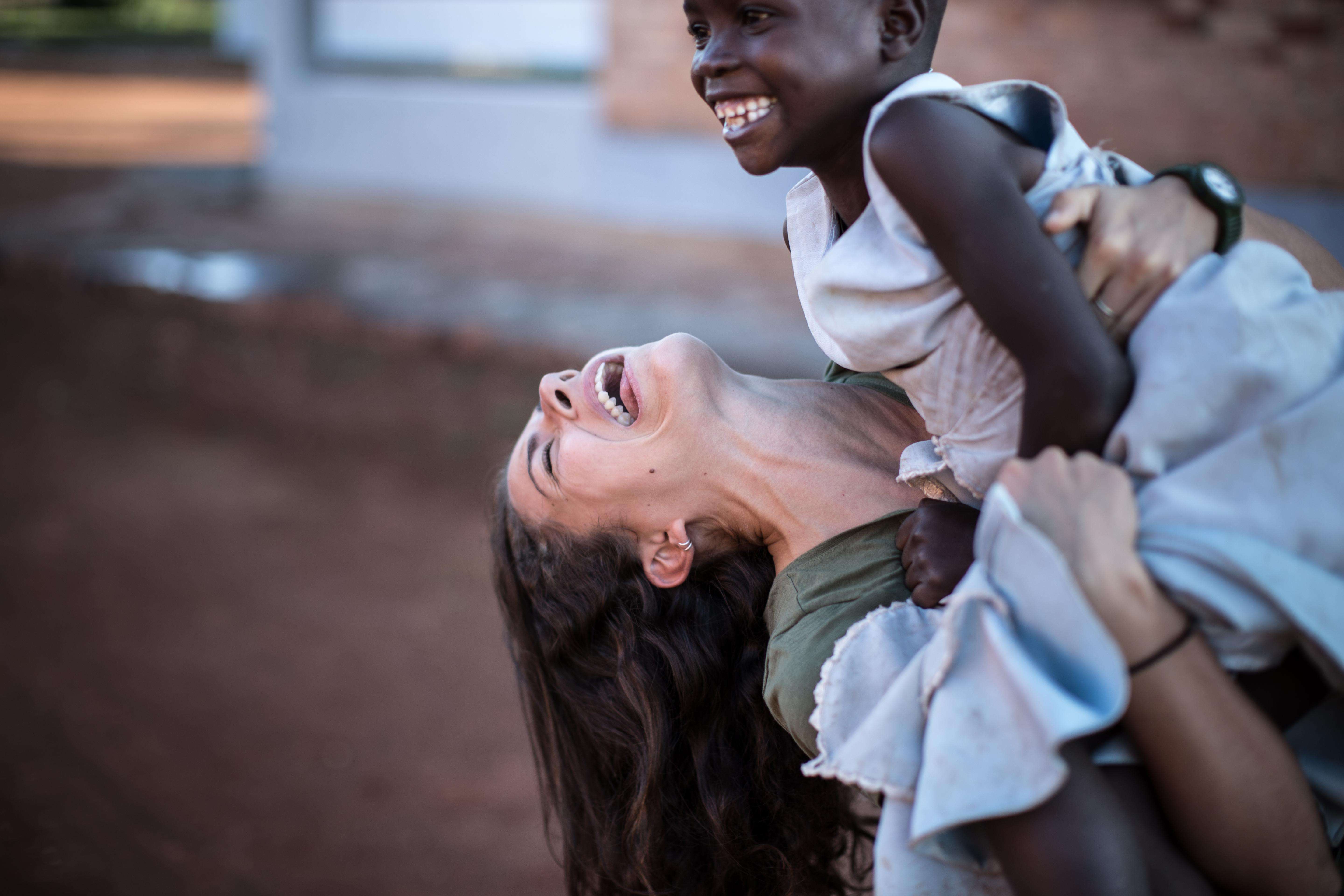More than 2,000 Bangladeshi and international staff members—from doctors, nurses, and mental health counselors to logisticians, translators, and social workers—are working with Doctors Without Borders/Médecins Sans Frontières (MSF) to respond to the Rohingya refugee crisis in Bangladesh. MSF operations here have rapidly scaled up since late August 2017.
More than 688,000 Rohingya refugees have arrived in Bangladesh’s Cox's Bazar area over the past six months, after fleeing targeted violence and persecution in Rakhine state, Myanmar. They join hundreds of thousands more Rohingya who fled Myanmar during previous waves of violence against the community.
Assessing the Needs
Mohammadh Abdul Kader, medical doctor
Dr. Kader has been working for the past three months at Sabrang entry point, in the south of the Cox’s Bazar peninsula, where newly arrived Rohingya refugees from Myanmar are initially brought. An MSF mobile team works there.
Usually every day we send somebody to talk to the Bangladeshi Border Guard to see if there are any new arrivals. We talk to them to ensure severe cases can be released quickly. Often the head of the family comes first and, a few weeks later, the women and the children come, once the father has established a presence and the situation is better known. Mostly new arrivals are women and children.
It was very busy in October and November. In December numbers started to fall, to only a few hundred every week, but the flow of people is [ongoing and intermittent]. Some days there are no new arrivals at all. We also provide medical assistance to members of the local [Bangladeshi] community.
Our team is made up of 10 people. We do nutritional screening with children and carry out various vaccinations (diphtheria, polio, et cetera). Respiratory infections are the most common problem now, whereas in November almost everyone arriving was suffering from diarrhea. Some people have hidden for 15 to 20 days before reaching the entry point. Others arrived after just two days. Eventually they need to come here to be registered in order to get access to aid.
The crossing from Myanmar into Bangladesh can cost from around 2,500 Bangladeshi taka per person [about $30] up to 12,500 taka [nearly $150]. Normally it takes about two hours to cross the Naf river, but it can take up to four hours if people arrive the long way around by sea. They sometimes wait three to four days in Myanmar until the boat is ready, and then 30 to 60 people travel in each boat.
Patients say there is almost nobody left in their villages, so they don’t feel safe over there. They are in constant fear of attack and there are restrictions on their movements.




